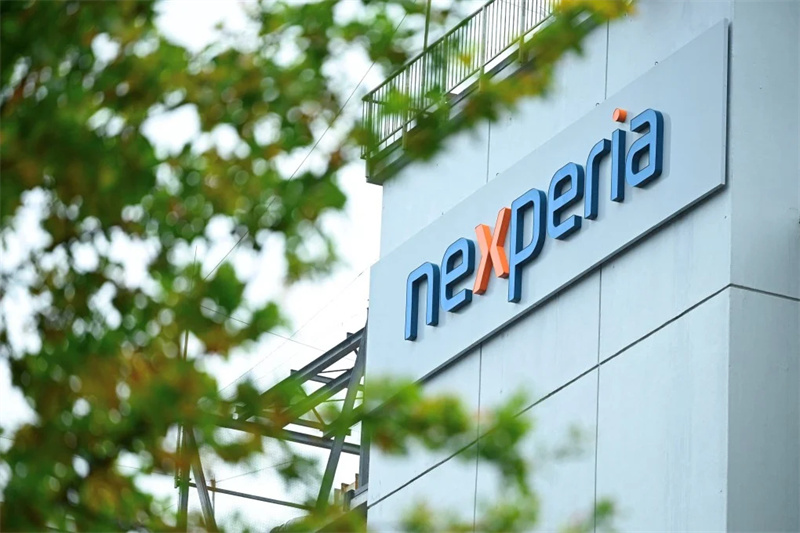On October 24, Chinese electronics and semiconductor group Wingtech Technology Co., Ltd., the parent company of Dutch chipmaker Nexperia, issued a warning that it may face a cash flow squeeze if it fails to regain operational control of its European subsidiary. The alert came despite the company posting a 280% year-on-year surge in third-quarter net profit, reflecting the growing risks from Europe's tightening scrutiny of Chinese-owned technology assets.
Wingtech's latest Q3 financial report revealed revenue of RMB 4.427 billion and net profit of RMB 1.04 billion, with Nexperia contributing roughly 70% of total profit. The semiconductor unit recorded RMB 4.3 billion in sales, up 12.2% year-on-year, and a gross margin of 34.6%. The company's China business continued to expand rapidly, accounting for 49.3% of Nexperia's global revenue, driven by strong demand from the automotive, AI server, and industrial sectors.
Wingtech also noted that Nexperia's MOSFET, logic, and analog chip product lines all achieved solid growth, with new 80V and 100V MOSFET products entering mass production. Sales of wide-bandgap products such as SiC MOSFETs and GaN FETs tripled from a year earlier as they entered volume production. However, the company's product integration business saw a sharp decline, following U.S. export controls and supplier caution after Wingtech was added to the entity list in late 2024.
Despite the strong performance, Wingtech warned that Nexperia "may face temporary downward pressure on revenue, profit, and cash flow" due to governance disputes — a veiled reference to the Dutch government's move to place Nexperia under direct state supervision in September. Under newly invoked foreign investment screening powers, The Hague justified the decision on national security grounds, citing fears of technology transfer to China.

The Dutch intervention has sparked severe disruptions in Europe's automotive supply chain. According to Germany's t-online, China has halted the export of Nexperia chip components, prompting carmakers such as Volkswagen to adjust production at its Wolfsburg plant. The report described the move as a "shockwave through Europe's manufacturing base," driven by Dutch caretaker Economy Minister Vincent Karremans, who took office only weeks before the decision.
Karremans, a 38-year-old former local politician, defended the state takeover by arguing that "Nexperia plays a key role in Europe's semiconductor ecosystem." Yet critics, including EU diplomats cited by German media, accused the Dutch government of mismanagement and political overreach, with one official commenting that "no one listens to the Netherlands anymore."
Meanwhile, Wingtech has pushed back against the intervention. The company's Chinese management has reportedly frozen cooperation with Dutch headquarters and begun implementing export restrictions on certain Nexperia products. Chinese media emphasized that Nexperia's rapid turnaround since its 2019 acquisition by Wingtech — including a 60% rise in revenue, multi-fold profit growth, and full debt repayment by 2024 — reflects the strong capabilities of its China-based leadership.
As the governance standoff deepens, uncertainty looms large across the global automotive and semiconductor supply chain. While Nexperia's discrete and power components may lack the spotlight of high-end GPUs, they are essential to modern electronics manufacturing. If Wingtech fails to regain control — or if Dutch oversight slows operations — a new supply bottleneck could soon emerge at the most fundamental layers of the chip industry.
+86 191 9627 2716
+86 181 7379 0595
8:30 a.m. to 5:30 p.m., Monday to Friday
